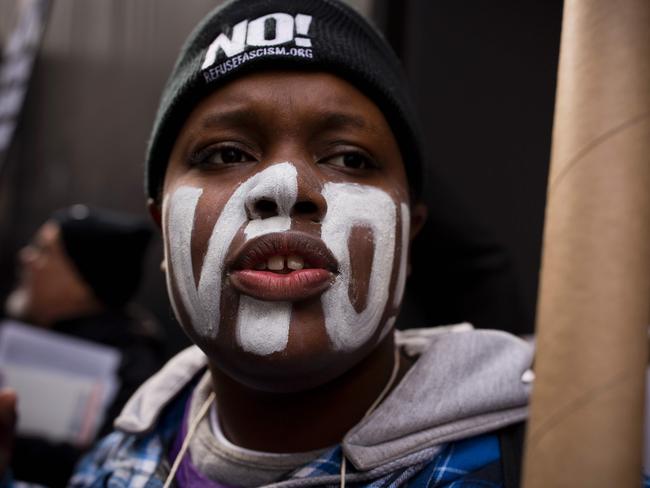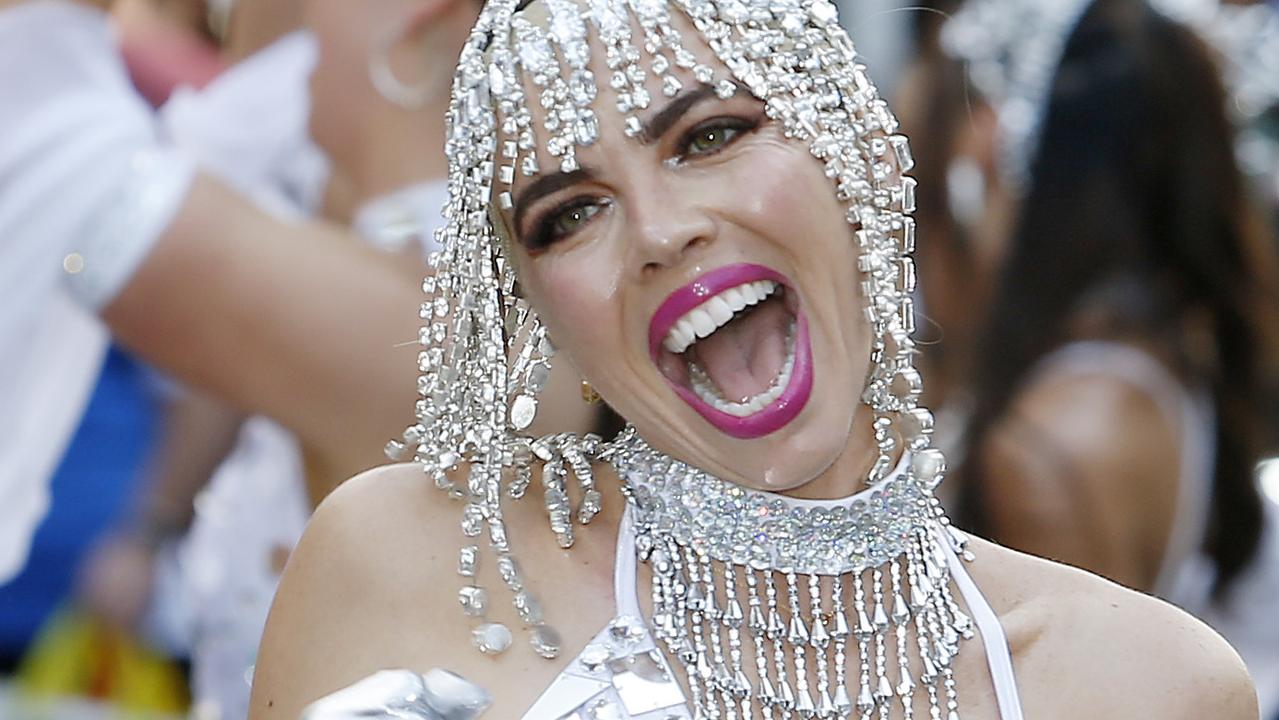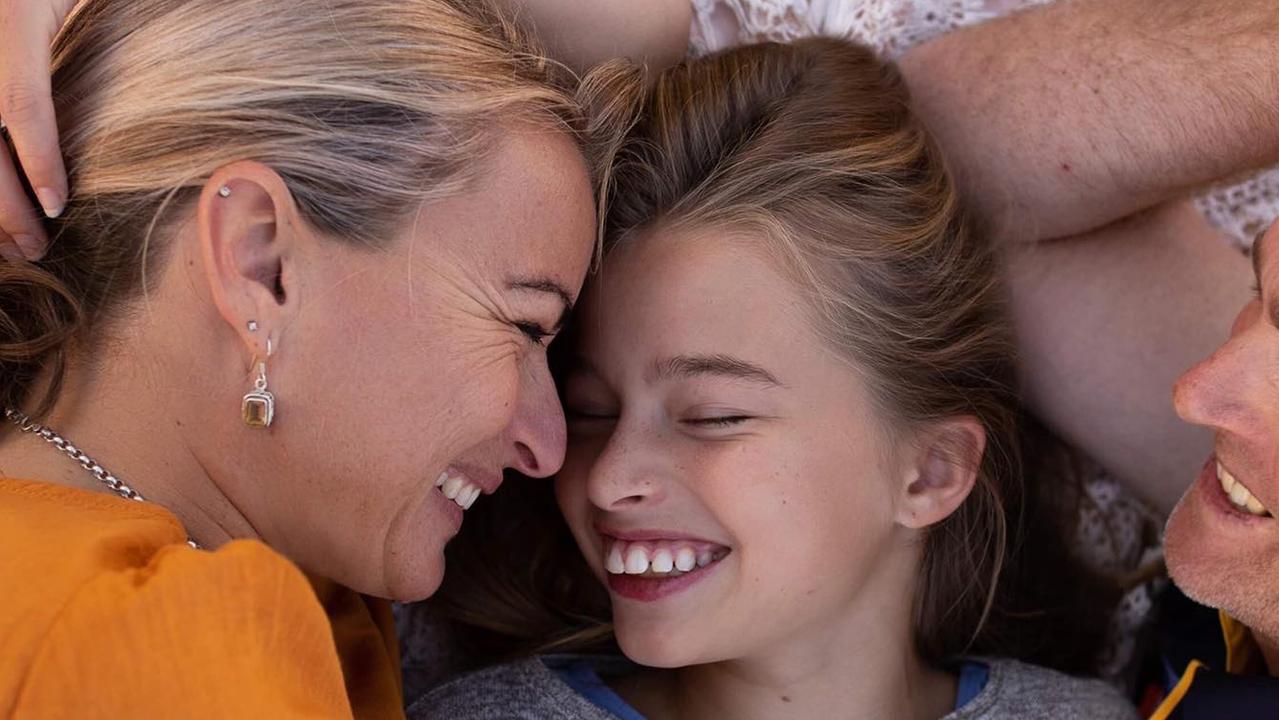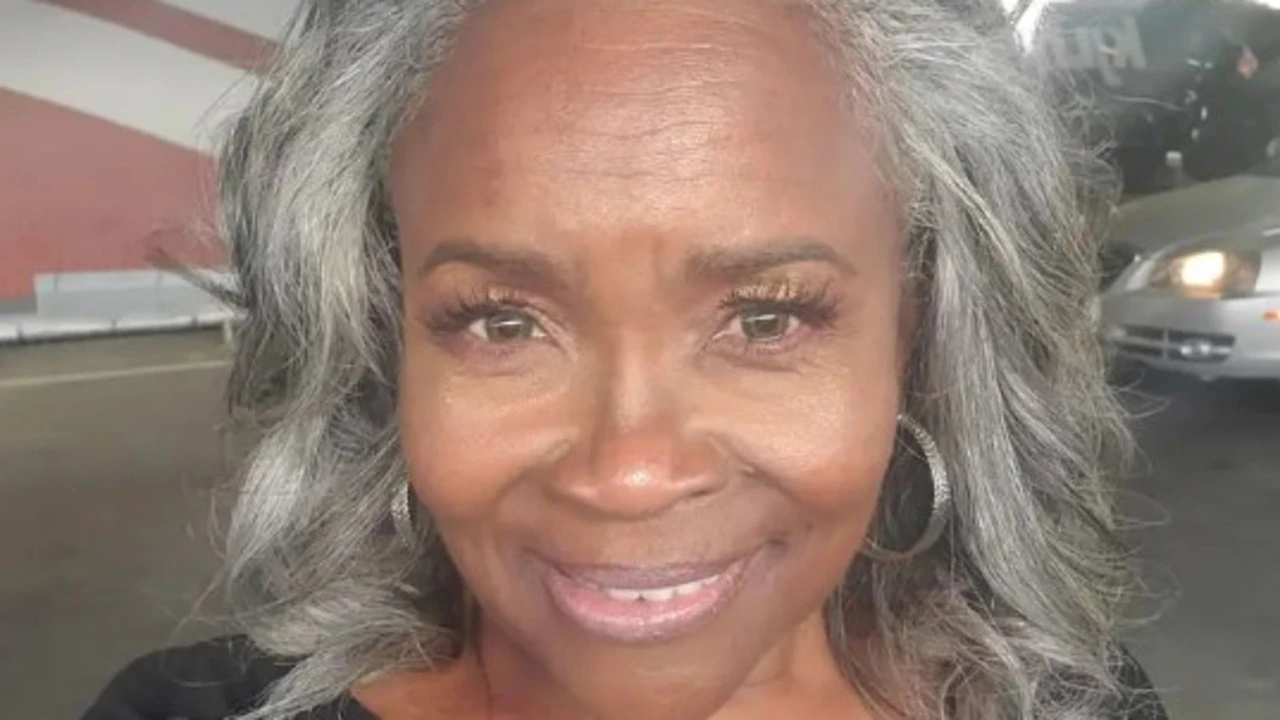Why hundreds of thousands of women are really marching
HUNDREDS of thousands of women will descend upon Washington, D.C. But why are they marching, one day after President-elect Trump is sworn in?
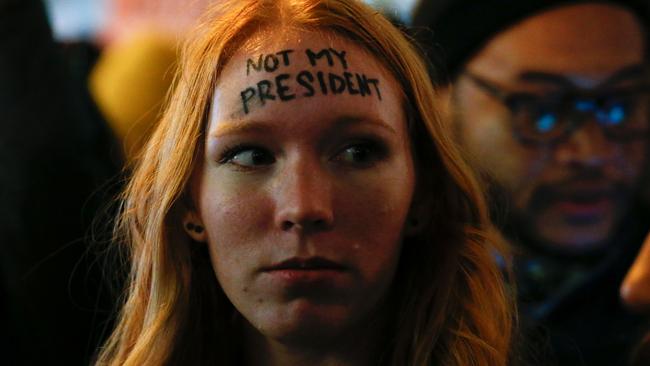
COME Saturday, hundreds of thousands of women are expected to descend upon Washington, D.C. to march against the new administration of President-elect Donald Trump.
While it’s difficult to know just how many people are planning to march in the nation’s capital on January 21, reports have suggested more than 245,000 will take part, with another 200,000 expected in more than 600 sister marches in various cities around the world. Organisers anticipate the crowds on Saturday will be larger than the inauguration itself.
The question is, why? For some, it may seem like a somewhat futile event, given the march is taking place the day after Donald Trump is sworn in as America’s 45th president. But Saturday’s action is not just about the future leader of the free world. It is about addressing a smorgasbord of progressive issues that many believe he threatens — an incredible display of dissent at the start of Trump’s presidency.
The powerful woman-led movement, as organisers declared last week, is for gender equality, racial equality, LGBTQI rights, reproductive freedom and economic justice. It’s for equal pay, paid family leave, the right to clean water, clean air and access to public schools. It’s fighting to put an end to violence against women, police brutality and racial profiling.
If that seems like a lot, then it’s easy to see how what started as one woman’s outcry on social media has now morphed into what is expected to be one of the largest demonstrations in American history.
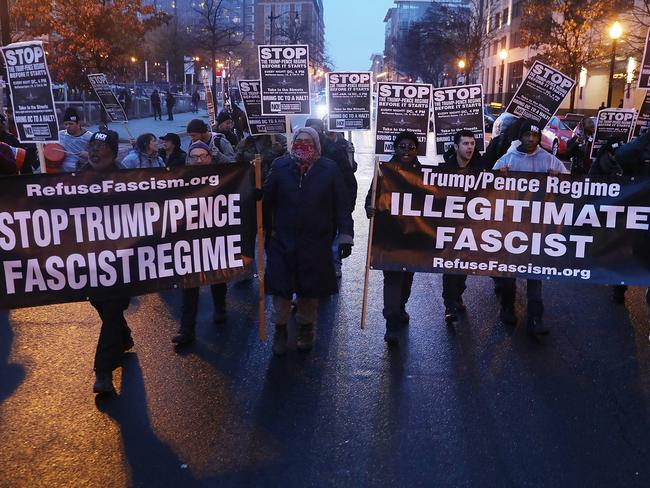
HOW IT ALL BEGAN
On November 9, the day after Mr Trump’s stunning election victory, a retired lawyer and grandmother in her 60s, Rebecca Snook, who lives in Hawaii, composed a Facebook post expressing her frustration over the shock outcome. She invited 40 of her friends to march with her in Washington during Inauguration Day. Within days, 10,000 people had responded.
By the time Linda Sarsour, Carmen Perez, and Tamika Mallory, three of the four national co-chairs of this weekend’s planned demonstration, were brought on board to help set the tone and agenda for the effort, more than 100,000 people had expressed an interest online.
“The purpose of the march is really to ensure that this incoming administration, as well as our senate, our congress, and everyone else knows that women’s rights are human rights and they won’t be rolled back,” Ms Mallory explained on Power 105.1FM radio Thursday morning.
“We’re going to Washington to really deal with the racism, sexism, misogyny and all the different issues that have oppressed people for a long time before Donald Trump was even a thing. Many will gather, but it’s not just women, it’s families as well,” she added.
Ms Perez explained: “It’s beyond Trump, it’s the fact that in the fabric of this country there is racism and there is sexism, and so we need to look beyond Trump, obviously address him, let him know what we are all watching him, but also know that we have to deal with the systemic racism and all the stuff that comes with it.”
Over the past two months, many celebrities have declared they’ll be present in Washington on Saturday for the march, including actors Scarlett Johansson, Amy Schumer, America Ferrera, Lena Dunham, Olivia Wilde, Julianne Moore and Jessica Chastain, along with singers Katy Perry and Cher — all of whom backed Hillary Clinton in the presidential race.
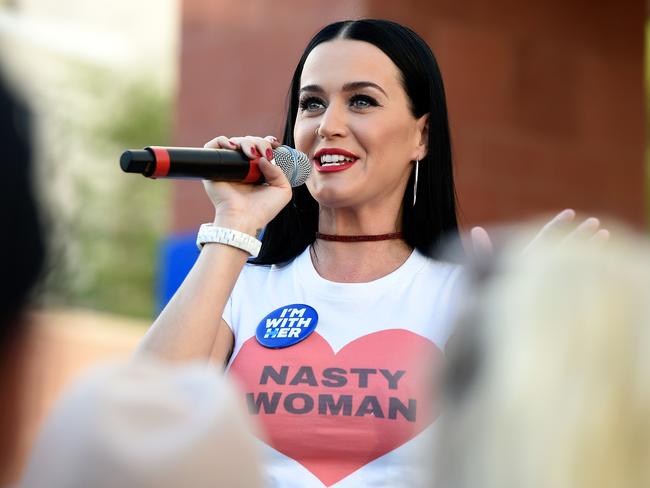
But what about the rest of the men, women and children poised to hit the streets around the world this weekend?
“We’re marching for the women whose reproductive rights Donald Trump wants to take away, for the immigrants he has demonised, for the people of colour he diminishes, and for our LGBTQI community,” journalist Tiffany Bakker, who is driving one of the expected hundreds of protest buses to Washington on Saturday, wrote in the Daily Telegraph.
“We will be marching ... because Trump is a bully and bullies need to be called out.”
Mica Burns, who will be marching alongside her wife Tiffany, said, “the march is a symbol of me willing to take action and be with people. Humans, myself included, have become far too passive and content to speak through a community of social media.
“I want to be a physical part of a community,” she told news.com.au, adding, “Honestly, I feel like I’m marching with my fellow brothers and sisters of the human race.”
Ms Burns, who is an English teacher living in the South Bronx in New York, explained why the march matters to her. “The election result is just a small symptom of a greater problem — that people have lost touch with what it means to show care and respect towards one another and the planet we all live on. Whatever a person believes, we must all be willing to engage with each other and learn how to live together for the betterment of everyone.”
Tommy Tenhet, one of hundreds of men getting involved this weekend, said he will be hitting the streets of New York in the sister march that finishes up at Trump Tower on Fifth Avenue.
“Although it may be called the Women’s March, I feel it’s just as important and quite necessary for men to join in. I don’t consider this so much a march ‘of’ women as much as it is a march ‘for women’s rights.’
“It’s 2017 and women’s rights should no longer even be an issue,” he added.
Mr Tenhet, 48, who was raised by a single mother and his older sister, explained: “The most important people in my life have been female. They have always been there for me and I want them to know I will always be there for them.
“My 83-year-old mother in a small town in conservative Mississippi voted for Hillary [Clinton]. Knowing how much I supported Hillary, she sent me a card the week after the election to cheer me up with the simple message, ‘I STILL think she would be a better president than him.’ My mother may never live to see a female president. I’m marching for her.”
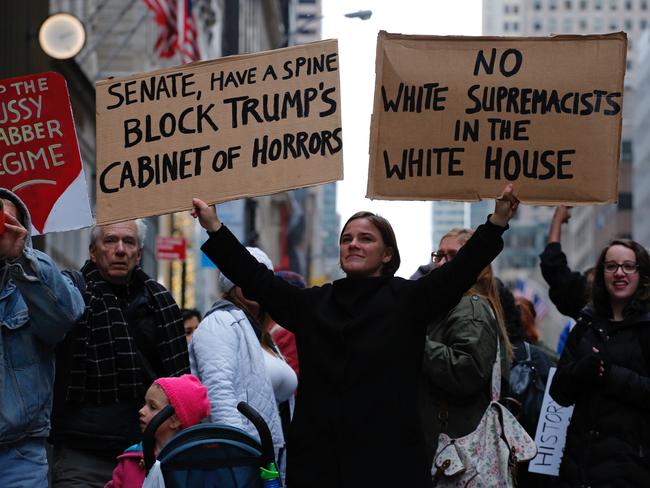
For Bec Couche, a 39-year-old Aussie living in America who wasn’t able to vote in the 2016 election, marching is a way for her to share her voice.
“I’ve lived here for 10 years, but I’m not a citizen, so I wasn’t able to vote. Marching is my way of being proactive,” she told news.com.au.
“I have an American son. He is 16 months old. It’s important to do what I can to help his future, [because] so many things are under threat — Planned Parenthood, Education, Immigration, LGBT rights ...
“I think President Obama’s words from his final address, ‘The most important office in democracy being: citizen” really resonate here,” she said.
“People are upset with what the future looks like, and they are actively trying to change it.”
